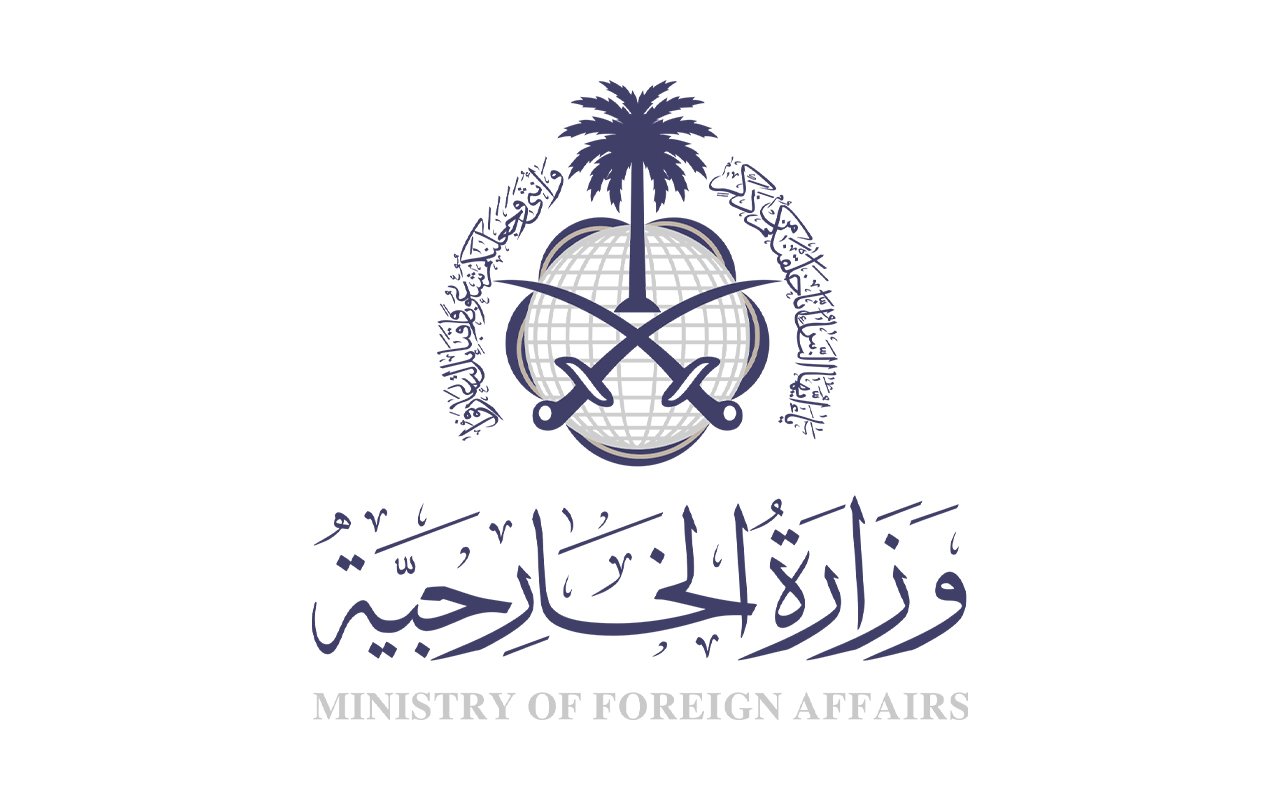Law of Diplomatic and Special Passports in Saudi Arabia
The Law of Diplomatic and Special Passports in the Kingdom of Saudi Arabia is a law that governs the issuance of diplomatic and special passports for the purpose of granting their bearers special facilities to perform their missions or because of their personal status. This law was issued upon a Royal Decree during the reign of King Faisal Bin Abdulaziz Al Saud on June 4, 1972.
Diplomatic passports
According to Article Two of the Law of Diplomatic and Special Passports in Saudi Arabia, diplomatic passports are issued to members of the royal family, ministers, the King's current and former personal advisors, ambassadors and ministers plenipotentiary, and employees with both the excellent and fifteenth ranks, whether they are on official missions or regular travels. These diplomatic passports are valid for one year and can be renewed annually by the Ministry of Foreign Affairs or Saudi Arabia’s diplomatic missions abroad. They can be renewed up to three months before their expiration, but their total validity cannot exceed five years from the date of issuance.
Diplomatic passports are also issued for official missions, to political couriers, and members of the diplomatic corps, as stipulated in Article Three of the law.
Special passports
Special passports are issued to employees with the eleventh to fourteenth ranks under the General Employment Law, members of the administrative corps working in Saudi Arabia’s diplomatic missions abroad, members of the domestic political corps holding the seventh rank or higher, and former employees with excellent and fifteenth ranks.
For official missions, special passports are issued to administrative corps members in the Ministry of Foreign Affairs. Additionally, upon a written request from the relevant minister, these passports are issued to employees with seventh rank or higher who are deputed abroad on temporary official missions not exceeding six months.
Generals and Major Generals receive diplomatic passports for official missions, vacations, and upon retirement. Colonels are granted a special passport for official missions and vacations, while officers from the rank of Captain to Second Lieutenant receive a special passport for official missions.
Regulations for issuing diplomatic and special passports
Bearers of diplomatic and special passports, as mentioned in Article Two, Paragraph (b) of Article Three, and Articles Four and Six of the law, may obtain similar passports for their spouses and children. Alternatively, they may request to have their family members added to their passports. Children can be added to the wife's passport or be issued independent passports, until the age of eighteen for boys, and until marriage for females, as long as they remain under the active guardianship of their father.
For employees of other ministries who are appointed as attachés in Saudi diplomatic missions abroad, the same applies to them as to employees of the Ministry of Foreign Affairs working abroad.
Additionally, special or diplomatic passports are issued to employees of public institutions upon the recommendation of the Minister of State for Foreign Affairs and after the approval of the Prime Minister, based on a request from the responsible minister, pursuant to this law. Furthermore, the King has the authority to grant diplomatic or special passports to individuals he deems eligible.
Validity of diplomatic and special passports
The validity of diplomatic and special passports automatically terminates in all cases upon the completion of the mission for which the passport was issued and the bearer's return to Saudi Arabia. The passport must then be returned to the Ministry of Foreign Affairs. It cannot be used for further travel unless it is renewed, and an exit visa is issued to the bearer. A diplomatic or special passport issued for an official mission can only be renewed upon request from the entity associated with that mission.
Issuing entity for diplomatic and special passports
Diplomatic and special passports are issued by the Ministry of Foreign Affairs and are considered to be issued by the Royal Order. Each passport is assigned a serial number and recorded in special registers. The Ministry of Foreign Affairs issues exit visas for the bearers of these passports. The Ministry also determines the design of diplomatic and special passports, which are issued in both Arabic and English.
Article Fifteen of the law stipulates that diplomatic or special passports issued to individuals who do not meet the eligibility criteria under the provisions of this law cease to be valid. However, there is an exception for those outside Saudi Arabia at the time of the law's publication; their passports will remain valid until they return to Saudi Arabia, provided that their stay abroad does not exceed six months from the date this law took effect.
